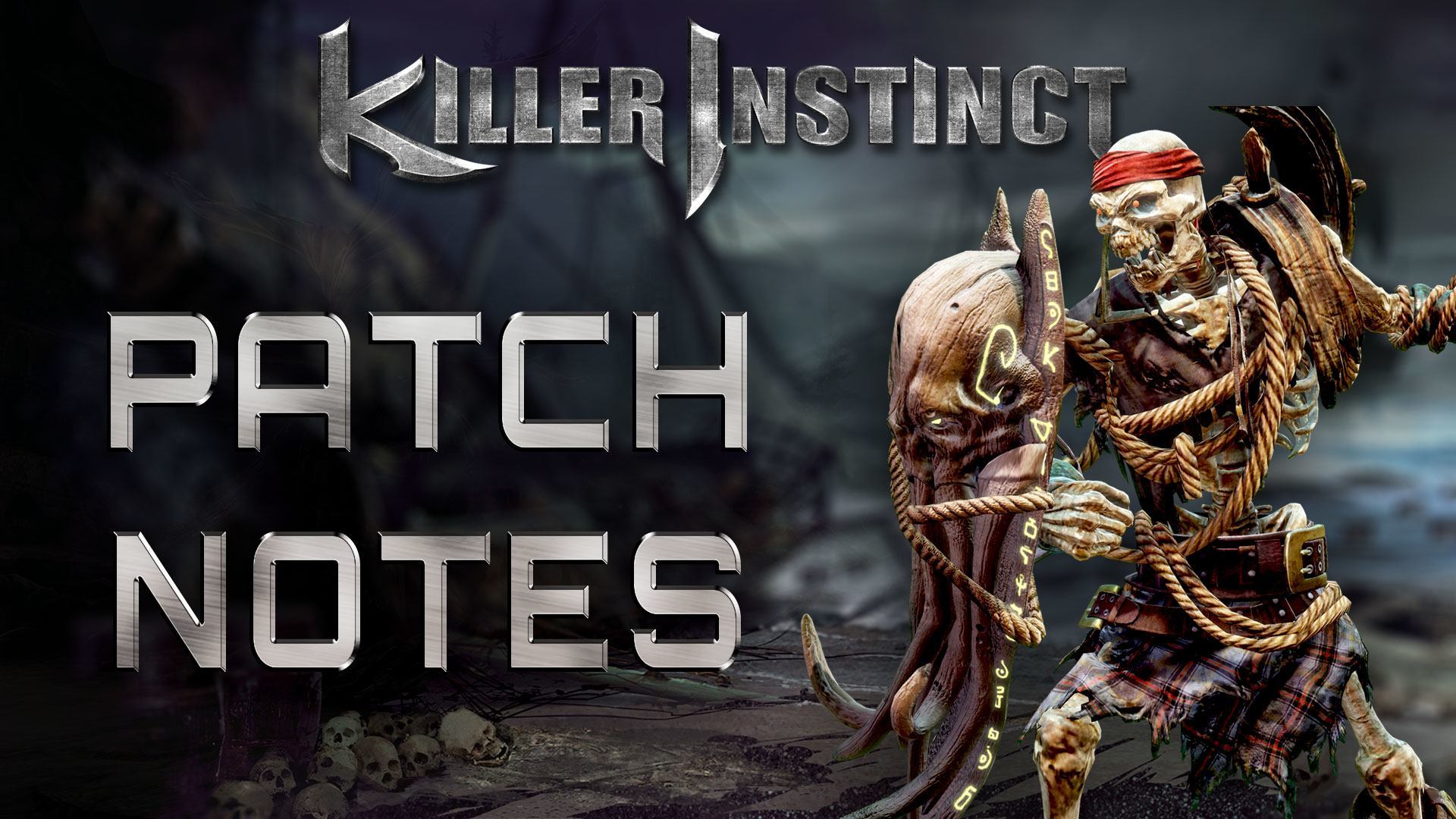One day you’re in the middle of an intense match in KI. You and your opponent are both in the red health bar and are both below 50% health. You know that one counterbreaker can seal your opponents fate and he’s been guess breaking your combos this whole time. You finally go for that counterbreaker, The read, the perfect read… But lo and behold you hear the two words before you wiff the counterbreaker then die. Those two words are…
LOCK OUT.
Here’s why.
After some practice mode sessions and looking for flaws within the combo system. I have discovered some things that I didn’t actually notice for a long time. It turns out that, there are different rulesets when it comes to breaking combos when you narrow it down to Manuals, Special moves and Shadow moves.
So I will break this down into 3 sections.
It will be called.
Exhibit A: Manuals vs Counterbreakers
Exhibit B: Special Moves vs Counterbreakers
Exhibit C: Shadow Moves vs Counterbreakers
Characters used were Jago and Cinder.
NOTE: This info applies to the whole cast of characters for KI.
Here is Exhibit A, Gif 1: http://giphy.com/gifs/3o6EhM4iRxvVK7Yvgk/html5
As you can see, Cinders counterbreaker is not registering… Why is that?
Here is a few things that I learned. When it comes to performing manuals in a combo, the opponent is able to attempt to break the manual before the manual makes contact with them. That means they are able to attempt to break during the startup frames and I believe this was implemented in the combo system to cause timing lockouts. The character that is doing the manual,(Cinder in this case) cannot attempt to counterbreak unless his manual makes contact with Jago. So Jago can actually lockout BEFORE Cinder is even allowed to counterbreak him.
Also note, If you do a manual in a combo, the opponent can actually attempt to break anywhere on there screen but as I said before you cannot counterbreak unless your manual makes contact with the opponent. Here is an example of this happening.
Exhibit A, Gif 2: http://i.giphy.com/3o6EhGwBM69lWAtfZC.gif
Exhibit B, Gif 1: http://i.giphy.com/xT4uQ8UcFC50p3ryrS.gif
For this one here. If you do a opener and then a special move, The aggressor cannot attempt to counterbreak unless the special move makes contact with the opponent, If the special move misses, then nothing happens. The defender cannot attempt to break the special move before the special move hits them. It is impossible for the opponent to lockout before a counterbreaker. So the special move MUST hit the Defender before a combo breaker or a counterbreaker can be attempted. Therefore it is a even playing field in my opinion.
Exhibit C, Gif 1: http://i.giphy.com/xT4uQAiOpp14vxPi2A.gif
This one is a special case, If you do a forward advancing shadow move in a combo, the opponent can lockout before the shadow move touches them, but the aggressor can also counterbreak beforehand anywhere on the screen. But this completely depends on the range that the aggressor did their shadow move. For example, in Cinders case, he can be anywhere on the screen and do this sort of counterbreaker. But in Jagos case, he has to be midscreen for the counterbreaker to activate because being fullscreen doesn’t work. Here is an example of this.
Exhibit C, Gif 2: http://i.giphy.com/3o6EhUHoAZ1QnjfsKk.gif
What are your opinions and what do you guys think about this. Yay or nay?
